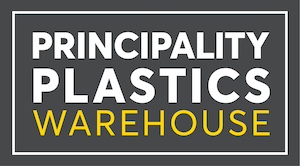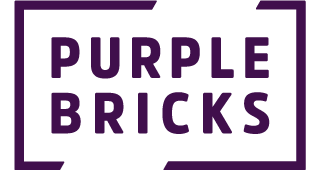Meaning: Significant strength…
Well we are certainly experiencing an event of significant strength with the current global pandemic.
One minute the road appears to be clear with a vaccine in our midst and the promise of normality returning in some guise, then the new variants have thrown in a significant game changer. Throughout it all though there are the incredible people planning and delivering the roll out of the most significant vaccination programme ever undertaken to get us up and running again.
What is Force Majeure?
It’s the clause we have spent our entire careers not even thinking about, a standard term put in every contract never to be enforced! Force Majeure is an unexpected event that impedes the ability of a party to deliver its obligations under a contract, it can be the supplier or customer that invokes it. The clause can take many different forms depending on the service it is written for, but generally covers political unrest, acts of nature, sabotage, industrial action, and any other event deemed as unforeseeable at the time the agreement was put in place.
How does Force Majeure work?
Generally the clause will have been written to ensure that the party invoking Force Majeure does so in a timely, promptly or immediate manner… all 3 measures of time mean different things to different parties so watch out! Your timely might be someone else’s promptly?
Once a party has invoked Force Majeure, it’s obligations under the agreement are impacted, this means liabilities disappear, timelines for delivery no longer stand, warranties and commitments may no longer be met and the list goes on.
How to manage the risk?
Clearly for services, goods and projects the impact is significant, and particularly in the current pandemic where supply chains are global this has meant goods not being received, and equally no commitment on when they will appear. To navigate through the uncertainty is tricky and requires all parties to collaborate to find the solution or work around. Procurement frequently becomes the arbitrator, managing internal stakeholder requirements and demands versus the supplier’s challenges and obstacles.
What happens next?
For sure the pandemic will end, our supply chains will emerge, possibly not as they once were… Force Majeure will become a favoured clause that we all pay much more attention to, and we will all be wiser for it.
May the force be with you, and we’d love to hear your Force Majeure stories, the more extreme the better! Get in touch to tell us more.









